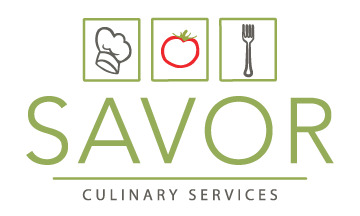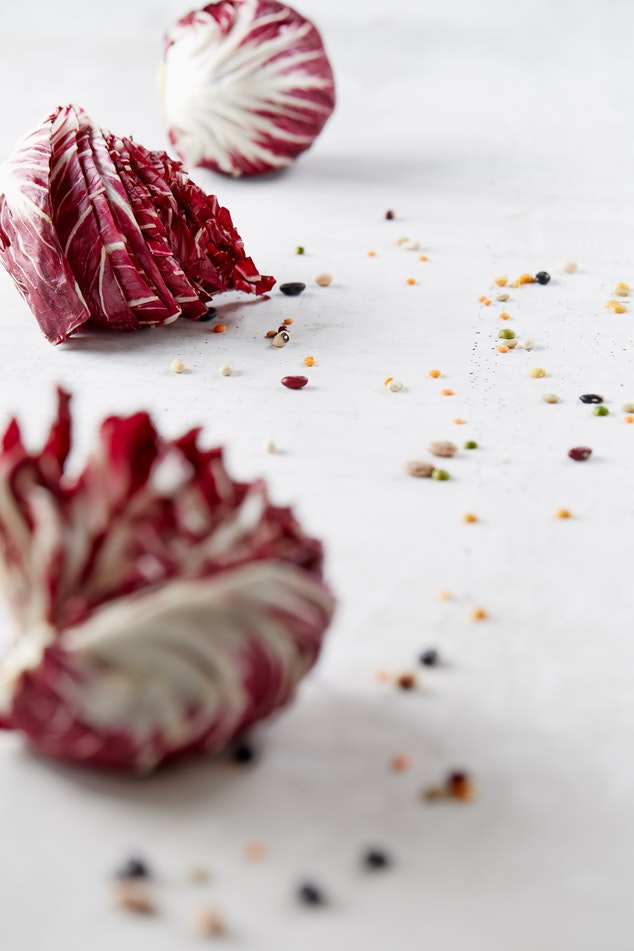We were recently interviewed by Fort Worth Magazine for an article on how to combat seasonal allergies with food. We are excited that people in the community are starting to recognize us as the “go to experts” when it comes to using food as medicine. In case you weren’t able to pick up a copy of the magazine, with their permission we wanted to share some of the great information we discussed with their editor, Samantha.
When most people experience the first signs of “allergy season,” many are prone to run to the medicine cabinet for the latest and greatest anti-histamine. How about running to the fridge instead?
Hippocrates’ wise counsel, “Let food be they medicine…” is still applicable in the case of seasonal allergies. When your eyes water and burn and your nose starts running, you can turn to fruits, vegetables and fish to prevent and alleviate your symptoms!
Here’s how to stock your new medicine cabinet, meaning your fridge:
Onions, cabbage and apples
These all contain quercetin, a compound that gives some fruits and vegetables a reddish/purple hue. Quercetin stabilizes mast cells, which are cells that create those unwanted histamines as your body reacts to an allergen. These often lend themselves to calming histamines. Reddish/purple vegetables in any form are amazing at stopping inflammation in its tracks. If you can’t find that vegetable in that red/purple color, it’s still beneficial! (i.e. if you can’t find red cabbage, regular cabbage will still provide you with some of these benefits).
Bell Peppers, Brussels Sprouts, Broccoli and Kiwi
Vitamin C acts as a natural anti-histamine and all four of these foods contain more vitamin C than oranges. Other good options include cauliflower, cabbage and kale. An important note – citrus fruits can actually make histamines worse and cause more mucous build up. Therefore, the old wives tale of doubling up on orange juice if you are feeling ill is not the best option.
Salmon, Sardines and Mackerel
These fish control allergen-induced inflammation through omega-3 fatty acids. In this case “fat” is good for you. The fats merge into the cell members helping to reduce inflammatory and histamine reactions.
Stinging nettles
Don’t let the name fool you. They are packed with natural anti-histamine and grow like crazy in springtime which is prime time when they are needed due to seasonal allergies. They can go into soups and stir fries and even can be found in tea form. Between you and me they taste like dirt. If you like dirt, then you’re in luck. I would stick kale.
Dairy and Grains
All of these increase inflammation and triggers mucus to increase even in people that don’t suffer from seasonal allergies – especially dairy products. Have you ever noticed you have to clear your throat a great deal after that morning yogurt or cup of coffee with cream? Imagine if you are prone to allergies how these can wreak havoc on your body.
Something to keep in mind. Certain foods that we eat everyday can cause the same histamine reaction in the body as season allergies and often can be misdiagnosed as seasonal allergies. If you have been told you have year around seasonal allergies even in the dead of winter you might want to consider the food you eat and not the season of the year. The ALCAT test is a food intolerance blood test that can help you determine what foods might be causing this inflammatory response (given that it’s not seasonal allergies). I offer this test in conjunction with my personalized meal delivery and it gives me very valuable insights for my clients as far as what foods are best for their body.
Think you might have a food intolerance or problems with inflammation? This should shed some more light on the topic.

